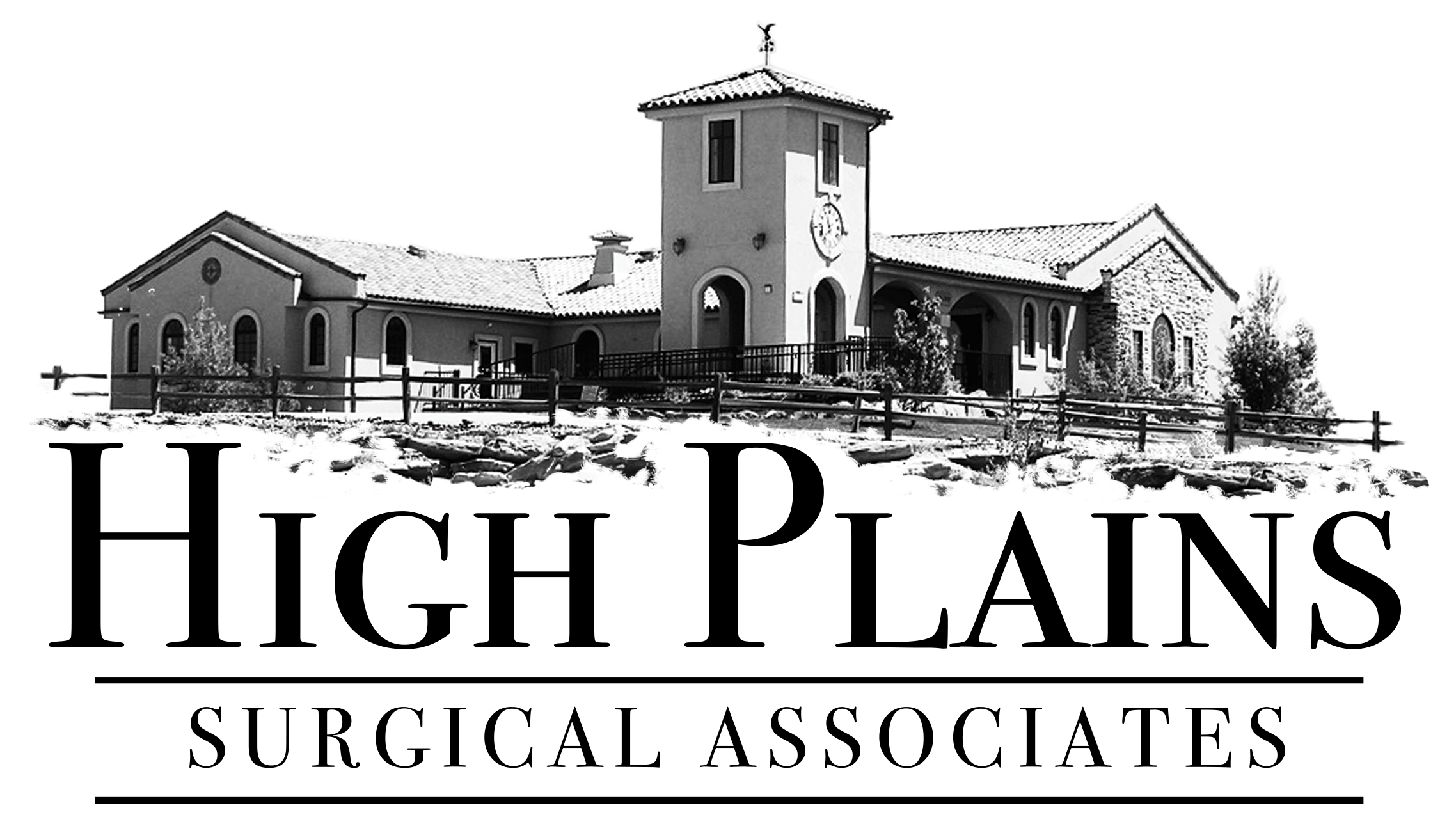Pancreas
Your pancreas is a large gland located behind your stomach and next to your small intestine. It's in charge of two main functions:
Releasing many powerful digestive enzymes that are carried directly into the small intestine to help in digestion.
It also releases hormones like insulin and glucagon into your bloodstream. These pancreatic hormones are critical for your body as they help in using food for energy.
Pancreatitis
Your pancreas can be sensitive and may become prone to many problems and diseases such as a very common one known as Pancreatitis. Pancreatitis is a condition in which there is inflammation of the pancreas and that eventually leads to damage. This happens when the digestive enzymes secreted by it get activated before reaching the small intestine hence resulting in an inflamed pancreas.
Severe pancreatitis may affect other vital organs such as the:
Liver
Heart
Lungs
Kidneys
Two forms of pancreatitis are known; acute and chronic. Acute pancreatitis causes sudden pain and inflammation. It lasts for a short time and may range from mild discomfort to a more severe and life-threatening problem. It is easily curable, and most people recover fast, but in certain cases, acute pancreatitis may result in bleeding into the gland. This may cause serious tissue damage, infection, and also cyst formation. Chronic pancreatitis, on the other hand, is a long-lasting inflammation of the pancreas due to heavy alcohol drinking, symptoms of which may not show for many years. But then you may develop sudden severe pancreatitis symptoms such as:
Acute Pancreatitis
Upper abdominal pain radiating to the back
Pain getting aggravated by eating, especially fatty foods
Swollen and tender abdomen
Nausea and vomiting
Fever
Increased heart rate
Chronic Pancreatitis:
Diabetes may develop if the pancreas does not produce enough insulin
Constant pain in the upper abdomen
In particular cases pain may be disabling
Weight loss caused by malabsorption of food
Causes of Pancreatitis
Acute
Trauma
Metabolic disorders
Surgery
Gallstones
Heavy alcohol use
Medications
Infection
Chronic
Cystic fibrosis
High triglycerides
Certain medicines
Long-time alcohol use
Gallstones
Hereditary disorders of the pancreas
Pancreatic Cancer
This begins in the tissues of your pancreas. Adenocarcinoma is the most common type of cancer of the pancreas. Also known as pancreatic carcinoma in a wider medical sense, it has a poor prognosis and typically spreads rapidly. It is seldom detected in its early stages. Signs and symptoms may include:
Upper abdominal pain that may radiate to your back
Yellowing of your skin and the whites of your eyes (jaundice)
Loss of appetite
Weight loss
Depression
Blood clots
Pancreatic Tumors
Pancreatic neuroendocrine tumors are another problem of the pancreas. These tumors may be benign and not necessarily cancerous or malignant, but you need to see your doctor if you experience:
Unexplained weight loss
Persistent fatigue
Abdominal pain
Jaundice
If you have pancreatic lesions, you may be at higher risk of contracting hereditary pancreatic cancer.
When to Get Pancreatic Surgery
Many surgeries are available for you if your pain is not relieved by medication. Surgery at High Plains Surgical Associates is a great option. It will involve expert care by General Surgeon, Dr. Sara Hartsaw. You can never go wrong with your health with a medical clinic that is known to deliver unmatched services in Gillette, Wyoming since 1994. Your surgical procedure may involve partial or complete removal of the pancreas and draining blocked ducts. You can get pancreatectomy performed by the best in town without furrowing a brow.



